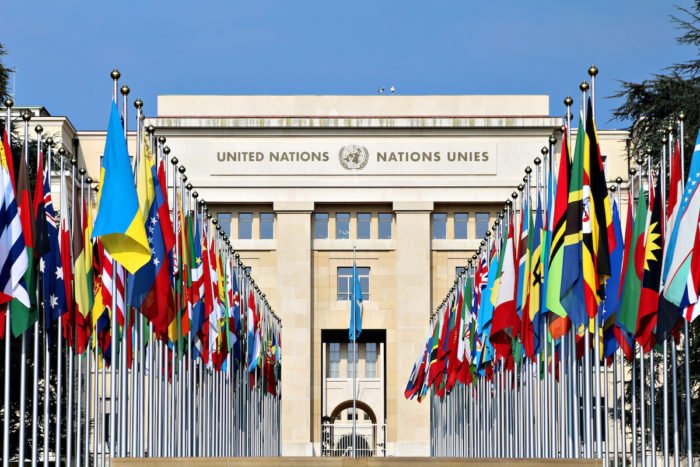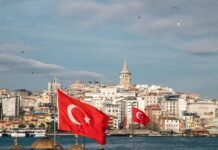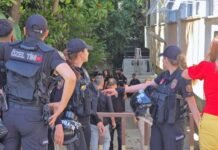The United Nations Human Rights Committee has raised significant concerns about Turkey’s treatment of individuals reportedly affiliated with the faith-based Gülen movement, citing allegations of forced disappearances, arbitrary detention and mistreatment in custody.
The committee’s report follows its periodic review of Turkey’s adherence to the International Covenant on Civil and Political Rights (ICCPR), a key international treaty on human rights.
The committee said Turkish authorities have reportedly employed “extraterritorial abductions and forcible transfers” to bring suspects back to Turkish jurisdiction without due legal process, a practice it said, “runs counter to international norms.” These transfers, along with the alleged misuse of Interpol Red Notices, reflect what the committee described as a “politically motivated” effort to silence critics and political opponents abroad.
The Gülen movement, inspired by the late Turkish Muslim cleric Fethullah Gülen, is accused by the Turkish government and President Recep Tayyip Erdoğan of masterminding a failed coup on July 15, 2016 and is labeled a “terrorist organization,” although the movement denies involvement in the coup attempt or any terrorist activity.
A Stockholm Center for Freedom report, released in 2012 titled “Turkey’s Transnational Repression: Abduction, Rendition and Forcible Return of Erdoğan Critics,” detailed such efforts.
“The committee is deeply troubled by these allegations,” the report said. Furthermore, more than 100 individuals suspected of ties to the Gülen movement, along with political activists and journalists critical of the government, have been targeted for “forced repatriation without judicial oversight.”
Turkish President Recep Tayyip Erdoğan has targeted sympathizers of the Gülen movement since corruption investigations revealed in 2013 implicated then-prime minister Erdoğan, his family and members of his inner circle.
Dismissing the corruption investigations as a Gülenist coup and a conspiracy against his government, Erdoğan designated the movement a terrorist organization and began to target its members. He intensified the crackdown on the movement following the abortive coup attempt in July 2016, which he accused Gülen of masterminding. Gülen and the movement strongly deny involvement in the coup attempt or any terrorist activity.
In addition to enforced disappearances, the committee expressed alarm over reports of inhumane treatment in Turkish detention facilities. It noted credible claims that women suspected of being affiliated with the Gülen movement have endured physical and sexual abuse, compounded by restricted access to medical care. The committee urged Turkey to implement reforms to prevent such abuses, emphasizing that detainees “must be protected from all forms of mistreatment” and provided with “adequate legal and medical support.”
The UN body also criticized Turkey’s counterterrorism legislation, describing it as overly broad and open to abuse. The legal framework, which allows for the arrest of individuals on vague terrorism charges, has been used to detain thousands of people affiliated with the Gülen movement since 2016. The committee called for “urgent amendments” to clarify and narrow the definitions of terrorism-related offenses to ensure they are not misused to target civil society actors.
In its recommendations, the committee urged Turkey to end extraterritorial abductions, safeguard detainee rights, and establish an independent judicial process.
Following the failed coup, the Turkish government declared a state of emergency and carried out a massive purge of state institutions under the pretext of an anti-coup fight. More than 130,000 public servants, including 4,156 judges and prosecutors, as well as over 24,000 members of the armed forces, were summarily removed from their jobs for alleged membership in or relationships with “terrorist organizations” by emergency decree-laws, subject to neither judicial nor parliamentary scrutiny.
In addition to the thousands who were jailed, scores of other Gülen movement followers had to flee Turkey to avoid the government crackdown.
Since the coup attempt, a total of 705,172 people have been investigated on terrorism or coup-related charges due to their alleged links to the movement. There are currently 13,251 people in prison who are in pretrial detention or convicted of terrorism in Gülen-linked trials.















